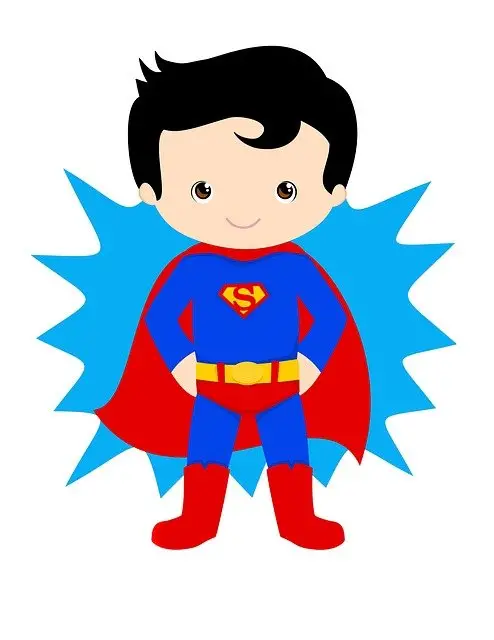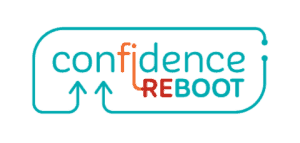We’ve all been there. That excruciating moment when you realize that you’ve done or said something horribly awkward and there’s no turning back.
You can feel the blood rushing to your face, your heart racing as you try to think of a way to make things right again. It’s an awful feeling and one that we all want to avoid at all costs. Unfortunately, social awkwardness is a part of life.
We can’t control everything we say or do, and sometimes we’ll end up in social situations where we’re feeling really uncomfortable.
But don’t worry – there are ways to reduce interpersonal awkwardness and deal with those difficult conversations. In this article, I outline a twenty-point guide and how to recover gracefully when you take a misstep.
We all know that feeling of wanting to disappear when we’ve made a social blunder. It’s happened to the best of us, and it’s nothing to be ashamed of. The most important thing is to try and recover from these unfortunate social situations as quickly as possible.

Table of Contents
Conquering Social Awkwardness
Developing Get Out Of Jail Free Social Skills To Help You Recover From Any Socially Awkward Situation
If you’ve made a faux pas and are trying to regain your social confidence, try one of these to relieve those awkward, cringe-worthy feelings.
Take a deep breath and relax. Take an assessment of your fight or flight response, body language, and self-talk. Focus on calming your negative body language. This will help you to calm down and think more clearly about how to proceed.
Apologize if appropriate. If you’ve said or done something that has made the other person feel uncomfortable, it’s important to apologize and try to make things right again.

Gracefully Change the subject. Sometimes the best way to deal with awkward social situations is to simply change the subject. This can help to diffuse the tension and get the conversation flowing again.

Laugh it off. If you can find a way to laugh about the awkward moment, it can help to lighten the mood and make everyone feel more comfortable. I usually like to follow my laugh with, “Did I just say that out loud?”

Make a self-deprecating joke. This can be a good way to diffuse tension and take the focus off of the socially awkward moment. I might say something like “I have an old habit of wanting everyone to like me. There it is again. I see I still have work to do, thanks for being so gracious with me.” Then tell a story that shows how you improved. Did you know I used to wear my underwear on the outside of my pants to the grocery store? Think of how embarrassed my mom was. I told her I wanted to be a superhero and they always wear them that way.
Ask a question. Asking the other person a question can help to get them talking, which can take the focus off of the awkwardness and help the conversation to flow more smoothly.
Give a compliment. This can help to change the focus of the conversation and make the other person feel good.
Find common ground. If you can find something that you have in common with the other person, it can help to reduce awkwardness and make the conversation flow more easily.
Be honest. Sometimes the best way to deal with an awkward situation is to simply be honest about it. This can help to diffuse the tension and make everyone feel more comfortable.
Keep it light. try not to take things too seriously and keep the conversation lighthearted. This can help to reduce the risk of things getting awkwardly tense.
Avoid controversial topics. Stick to safe subjects that are unlikely to cause any disagreement or awkwardness.
Don’t take yourself too seriously. If you can laugh at yourself, it can help to diffuse tense social situations and make everyone feel more comfortable.
Be confident. Confidence can be contagious – if you project confidence, it can help to make the other person feel more comfortable and help you not feel socially awkward.
Smile. Smiling is often contagious – if you smile, it can help to put the other person at ease and make them more likely to smile back. Make sure you maintain healthy eye contact when you smile.
Be a good listener. Listening more than you talk can help to make the other person feel more comfortable and reduce the risk of awkwardness.
Avoid making assumptions. Don’t assume that you know what the other person is thinking or feeling – this can often lead to misunderstandings and awkwardness.
Be respectful. Respectful communication is key to avoiding awkwardness. Make sure to listen carefully and avoid interrupting or talking over the other person.
Don’t be afraid to say “I don’t know”. It’s okay to admit that you don’t have all the answers – this can help to reduce the pressure on both you and the other person.
Take your time. If you need a moment to think about what you want to say, that’s okay – it’s better to take a moment than to blurt out something that could cause awkwardness.
Get Good at Being yourself. Don’t try to be someone you’re not – this can often lead to awkwardness. Just be yourself and relax – the more comfortable you are, the less likely it is that things will get awkward.
The Power Of Seeing A Mental Health Professional

If you find yourself in these kinds of graceless social situations regularly while making conversation or small talk, you may benefit from seeing a mental health professional. Social interactions that go sideways may be an indicator that you are dealing with social anxiety.
Don’t get me wrong, it’s normal to feel awkward occasionally. But if you feel socially awkward everywhere you go and at all social events, you might benefit from asking a professional.
Luckily the way to work through phobias and anxiety is literally by facing the monster little by little.
It’s called exposure therapy. If you lack social skills because you choke and can’t seem to string together your sentences properly, the answer to improving it, is by putting yourself in a new social setting regularly.
This will allow you to become more socially skilled and develop the social skills needed to make new friends and handle even the most social awkwardness you may encounter.
Improve Your Social Skills Through An Improv Class
Consider taking an improv class. Improv forces you to be in situations where you just have to go with it. It can help develop your ability to respond in ways that work and more importantly learn what doesn’t work.
I think it is worth noting that the work improv is the root of the word improve. So if you want to improve your ability to make small talk, bounce back during conversational setbacks and train yourself to feel comfortable in any situation, consider taking a class.
What can you read to improve how you feel in any social setting?
Stella Adler’s book on acting can help you flesh out the way you engage with other people. It helps you try on different personas, which ultimately gets you connected to others more socially. You begin to see how the way you carry yourself is a choice, and you have total freedom in who you show up in the world.
While it’s important not to think about life as performance since it tends to get you in your head and out of the conversation you are having with someone else, an acting class can help you get time in front of others so you can work out any awkwardness that you typically experience.
Remember you are an experience for others. Stop to take an assessment of what others might experience when they meet you for the first time.
What would it be like to meet you? Take some time and write out what you suspect it would be like.
